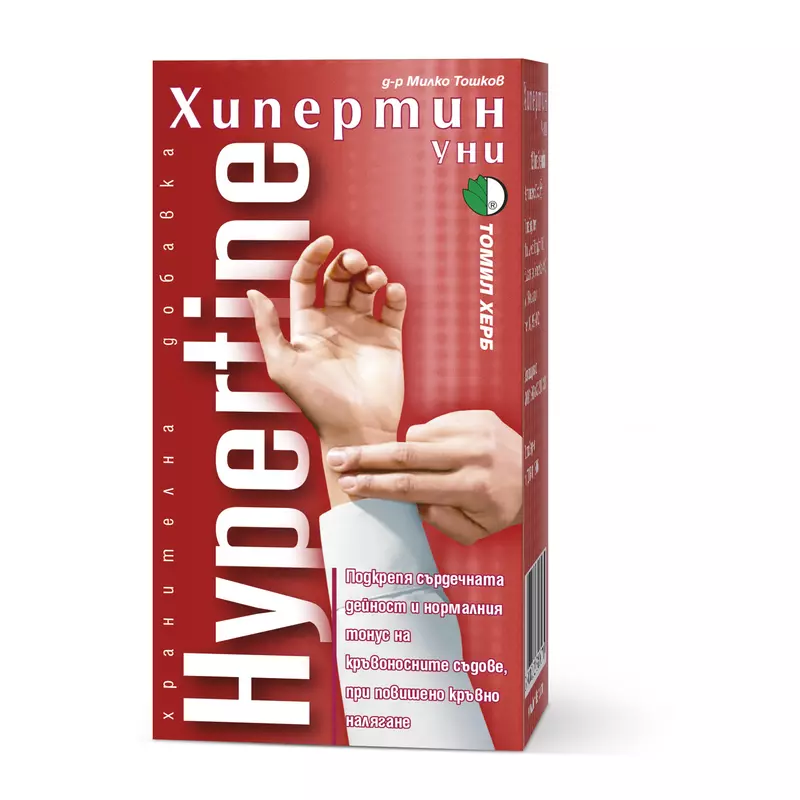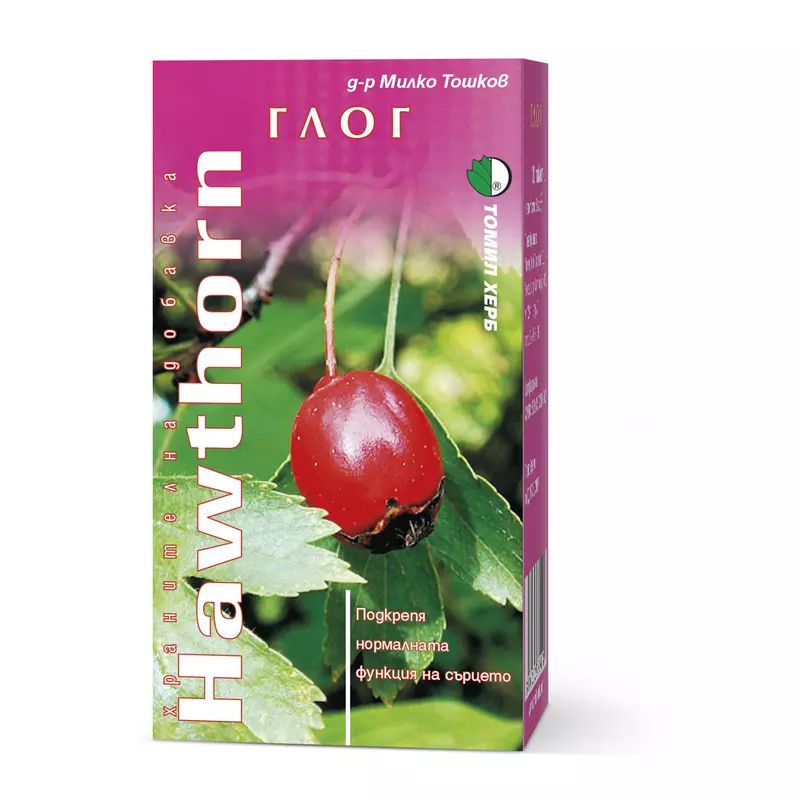Hawthorn (Crataegus) is one of the most valuable medicinal plants used in herbal medicine since ancient times. With its impressive cardiovascular and soothing properties, hawthorn plays a key role in maintaining overall health and well-being. Its use dates back to antiquity, when it was regarded as a symbol of protection and vitality in various cultures. This article will take a detailed look at the healing properties of hawthorn, some intriguing facts about its historical applications, and how we can benefit from its natural qualities.
Healing Properties of Hawthorn
Hawthorn is rich in bioactive compounds such as flavonoids, procyanidins, and antioxidants that strengthen the heart and improve blood circulation. It boasts a range of healing effects, including:
1. Improving Heart Function:
Hawthorn helps dilate the coronary arteries and increases the heart muscle’s supply of oxygen. This reduces the risk of serious heart problems such as arrhythmia, angina pectoris, and even heart failure. Research shows that hawthorn extract can enhance the heart’s ability to pump blood, making it particularly beneficial for individuals with chronic heart failure.
2. Regulating Blood Pressure:
Hawthorn is a proven ally in managing blood pressure. Its relaxing effect on blood vessel walls enhances their elasticity and helps lower hypertension. This makes hawthorn suitable for those looking for natural ways to maintain normal blood pressure.
3. Supporting the Nervous System:
Hawthorn is known for its calming effect on the nervous system. It helps reduce anxiety, stress, and even mild forms of depression. In traditional medicine, hawthorn has been used to treat insomnia and nervous tension while maintaining balance between mental and physical health.
4. Antioxidant Action:
Hawthorn berries and leaves are rich in antioxidants that protect cells from free radicals linked to aging and various diseases. This makes hawthorn valuable for preserving youthfulness and vitality in the body.
Historical Anecdotes and Interesting Facts
Hawthorn has a long history of use in traditional medicine. The ancient Greeks, for example, used it to strengthen blood vessels, while Chinese folk medicine recommended it for stimulating digestion and improving heart function. During the Middle Ages, hawthorn was seen as a symbol of hope and protection against evil forces, and it was even believed that its branches could cleanse spaces of negative energy.
There is a legend about a hawthorn bush that bloomed during winter in England, considered a magical event and called “The Holy Thorn of Joseph of Arimathea.” According to the legend, Saint Joseph brought a piece of the sacred hawthorn from the Holy Land and planted it in Glastonbury, where the plant supposedly bloomed in a miraculous way.
How to Use Hawthorn
There are various ways to benefit from hawthorn, each suitable for different preferences and needs:
-
Herbal Tablets:
These provide maximum effectiveness and convenience. The products offered by Tomil Herb Bulgaria, developed using the recipes of Dr. Milko Toshkov, combine all the benefits of hawthorn in an easily absorbed form that preserves the purity and quality of the active ingredients. -
Tea and Tinctures:
Tea and tinctures are traditional methods of hawthorn consumption and have proven effective in supporting health. Tea is ideal for those seeking a calmer, more ritual-like experience, while tinctures offer a more concentrated form of intake. Both options are excellent additional sources of natural support.
How to Incorporate Hawthorn into Your Daily Routine
Including hawthorn in your daily health regimen can be simple and effective. Drinking hawthorn tea or taking herbal tablets regularly supports a healthy heart and balanced nervous system. For individuals experiencing elevated stress or high blood pressure, hawthorn offers a natural solution.
Hawthorn is truly a treasure from nature, granting us powerful healing properties. Choose the natural products of “Tomil Herb Bulgaria” and ensure that both your heart and mind receive the best of herbal medicine.










